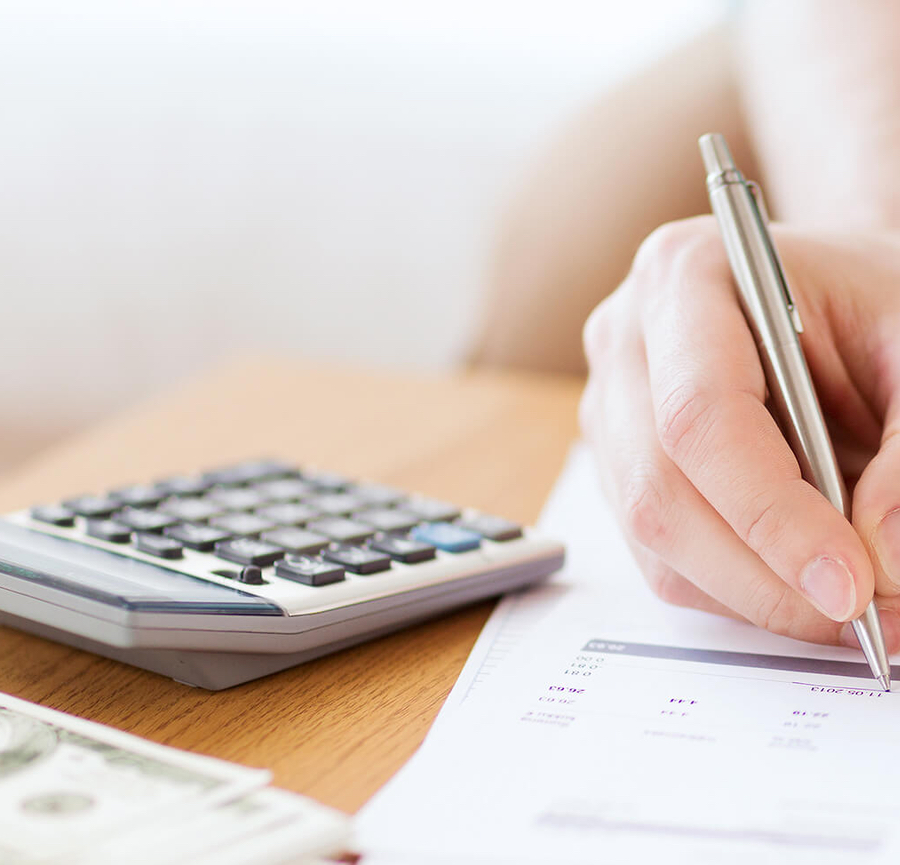Refinancing a property allows you to borrow money again. Mortgage refinancing is based on the difference between the current value of your home and the remaining mortgage you have to pay. If you own a house valued at $300,000 and owe $200,000 in mortgage, your equity is $100,000. This new source of credit opens up various opportunities and can be used for different projects, such as renovations, buying a car or cottage, or covering expenses. It’s a significant financial decision, so make sure to consult professionals to see if mortgage refinancing could be the solution for you. The experts at Mortgage Refinancing will be happy to assist you!
Mortgage refinancing can help you in several situations by giving you access to capital at a favorable interest rate for significant expenses. This money can be used for various projects, covering certain expenses, and consolidating your debts!


